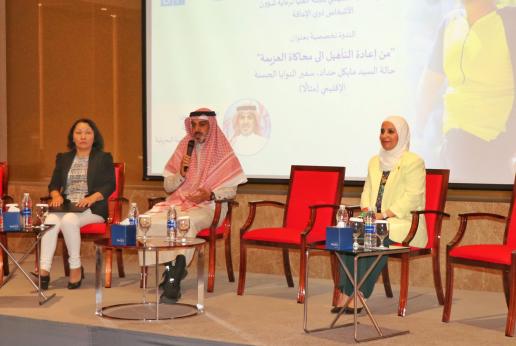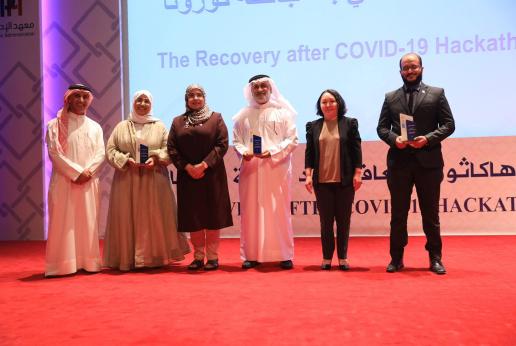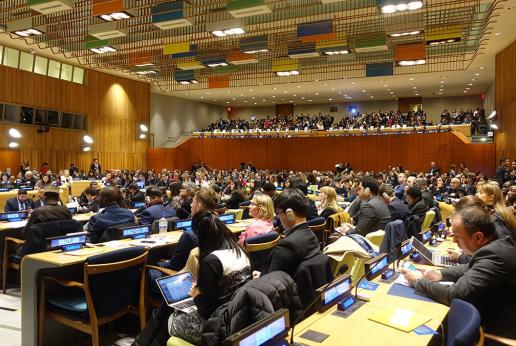Foreword
At the United Nations in Bahrain, we take the beginning of each year as an opportunity to reflect on the results that we have achieved together with our many partners in supporting the country to realize its national priorities and the 2030 Agenda for Sustainable Development. We also look back at the challenges that we encountered along the way and take on board the lessons that we learned while setting our main objectives for the year ahead.
In 2021, the United Nations in Bahrain continued to work in a challenging environment brought upon the country, the region and the whole world by the COVID-19 pandemic. The pandemic continued to test our resilience and resolve, which, nevertheless, proved to be sound in the face of an unprecedented crisis. Although some of our activities had to be postponed and others had to be redesigned, we managed to move forward with the implementation of most of our projects and initiatives and develop new ones for the future, achieving significant results in the process.
The year was especially important for us as an organization because it marked the signing of our Strategic and Sustainable Development Cooperation Framework 2021-2022 with the Government of the Kingdom of Bahrain. The document – the first of its kind in the Gulf region and recently extended until 2024 – is the single most important instrument for planning and implementation of the United Nations development activities at the country level.
The new cooperation frameworks are a centrepiece of the United Nations development system reform launched by the United Nations Secretary-General Antonio Guterres in 2019 to reposition the system to deliver on the 2030 Agenda, and the Cooperation Framework in Bahrain was developed with that vision in mind. The document builds on the success of its predecessor and is designed to respond to the Economic Vision 2030 for Bahrain as well as the 2019-2022 Government Action Plan.
In line with the reform and the new Cooperation Framework, we also strengthened our coherence, effectiveness and efficiency at the country level, including through the development of new coordination mechanisms. However, the actual test of the reform is measured by the tangible results achieved for the people we serve. Many such results are captured in this report, serving as a testament to our success in 2021.
In 2022, we look forward to building on our previous success by continuing with the implementation of the Cooperation Framework in close partnership with the Government of Bahrain, placing a strong emphasis on leaving no one behind in the development process. We also look forward to strengthening further our coordination mechanisms, consolidating our existing partnerships while building new ones at the same time, and stepping up our resource mobilization and joint analysis efforts to bolster our development efforts in the country.
United Nations Country Team in the Kingdom of Bahrain
The United Nations Country Team in the Kingdom of Bahrain is composed of representatives of 21 United Nations funds, programmes and specialized agencies working jointly under the leadership of the United Nations Resident Coordinator to support the country in achieving its development priorities and fulfilling the 2030 Agenda for Sustainable Development and the Sustainable Development Goals (SDGs). A United Nations Information Centre also works in close coordination with the United Nations Country Team and is the principal source of information about the United Nations system in the country.
The United Nations Country Team conducts its work in line with the Government of the Kingdom of Bahrain and United Nations Strategic and Sustainable Development Cooperation Framework (SCF) 2021-2022, which was signed in the first half of 2021 and later extended to last until 2024. This document is the most important instrument for planning and implementation of the United Nations development activities in Bahrain. Anchored in national development priorities and the 2030 Agenda, the framework outlines four strategic priority areas for the Unite Nations Country Team work on the ground, corresponding to four outcomes and including several outputs.





